Status: On-going
-
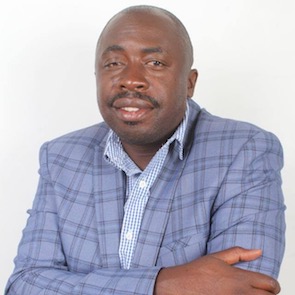
Gregory Chifire v. the Republic of Zambia
This case discusses the Supreme Court of Zambia’s 23 November 2018 decision in absentia to sentence human rights defender and anti-corruption activist, Gregory Chifire, to six years imprisonment on contempt of court charges. Mr Chifire, via an online news platform, had called for an investigation into potential judicial corruption involving the largest bank and senior…
-
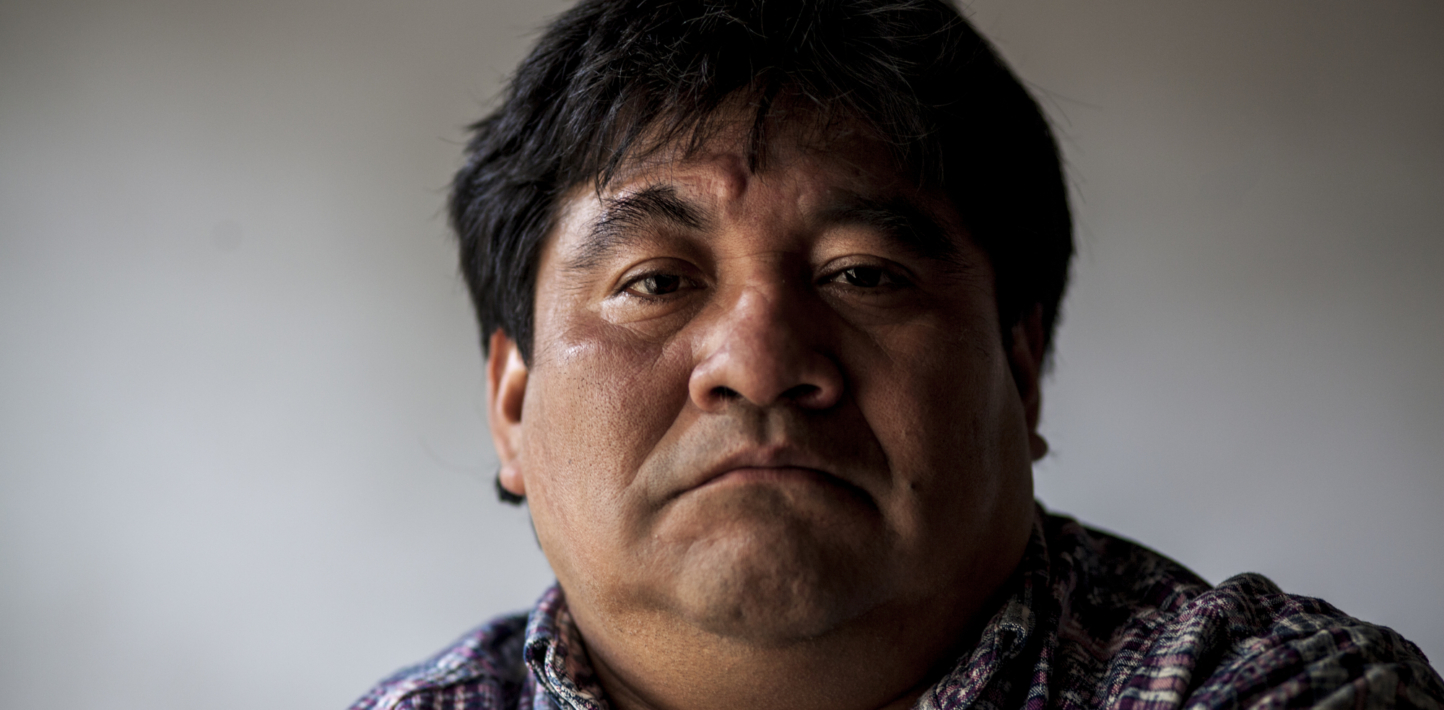
Bernardo Caal Xol Case
Bernardo Caal is a Q’eqchi Mayan community leader, teacher, and defender of land rights and the environment in Guatemala. Bernardo was criminalized for his fight against the construction of a hydroelectric plant on the Cahabón River. After spending four years in prison, Bernardo was released on March 24, 2022.
-
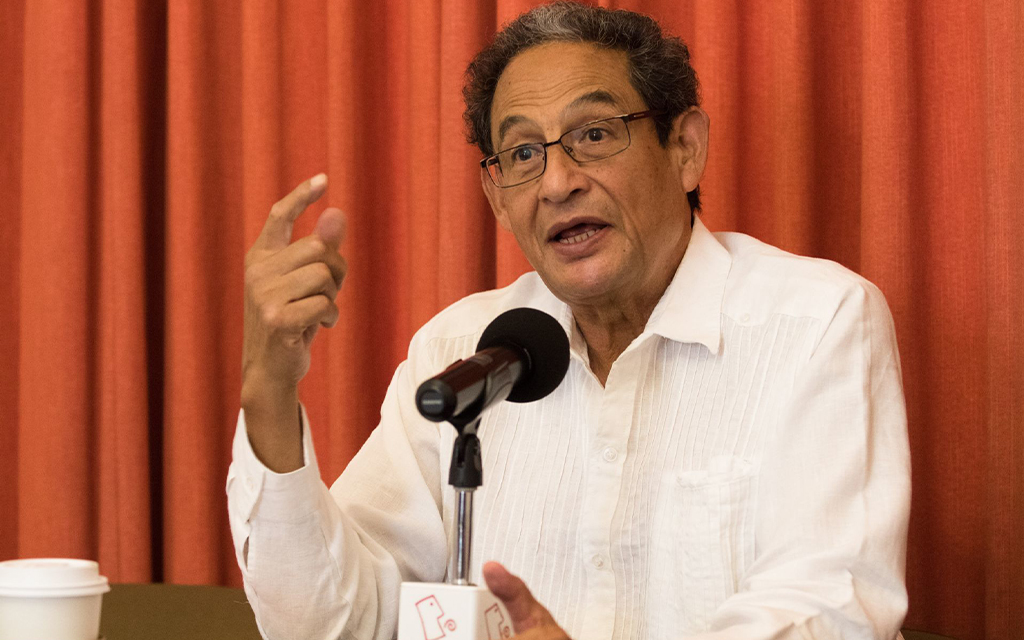
Sergio Aguayo Case
Journalist Sergio Aguayo Quezada has been judicially harassed and criminalized in retaliation for his work. Even though the Supreme Court issued a ruling in his favor in 2022, one lawsuit against him is still pending.
-
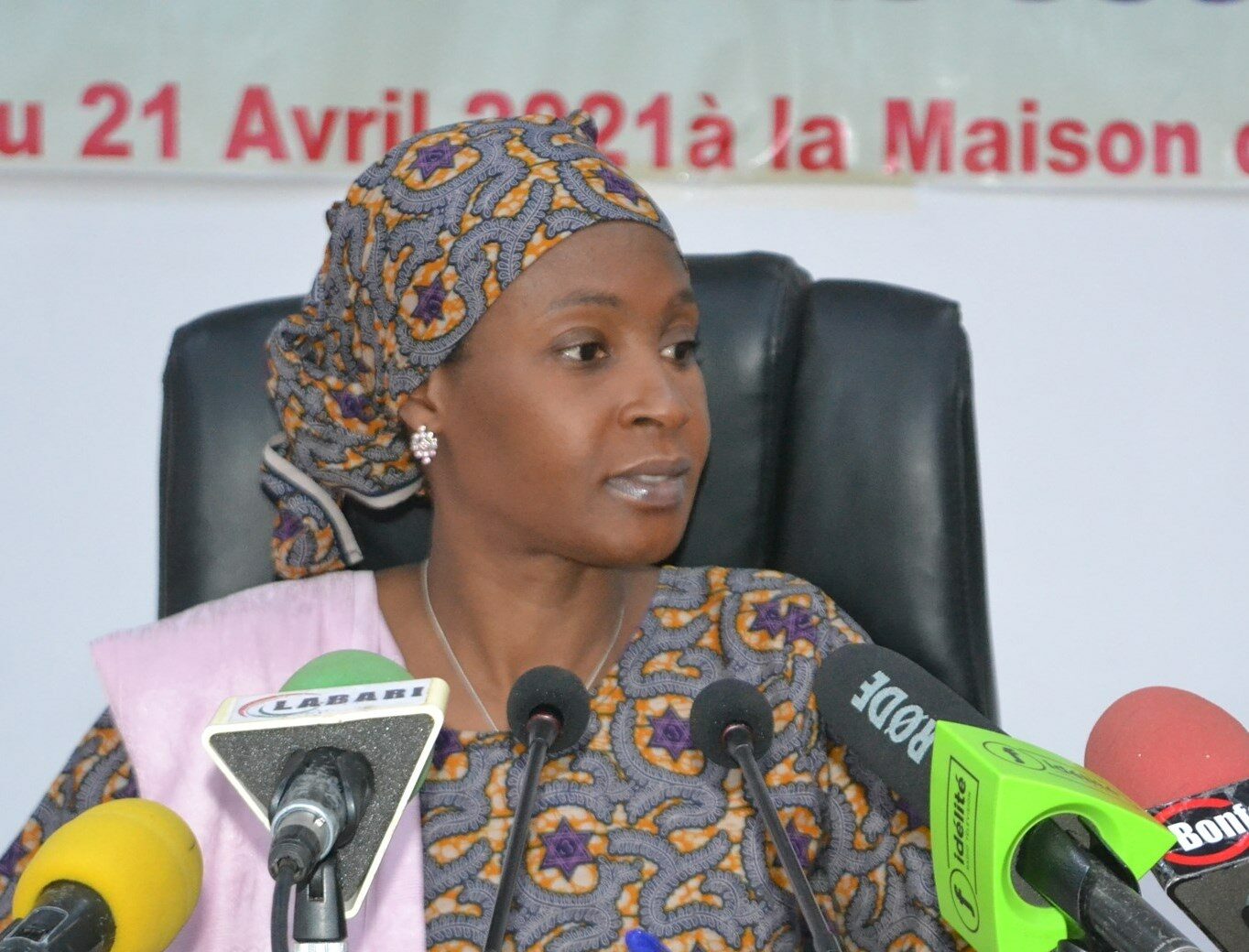
Samira Sabou Case
Samira Sabou, an award-winner journalist from Niger, has been criminalized for publishing posts about issues of public interest on her official accounts on social media. Sabou has published about alleged misuses of funds by the Ministry of Defence and drug trafficking in Niger. Sabou has been charged with “defamation by a means of electronic communication”…
-
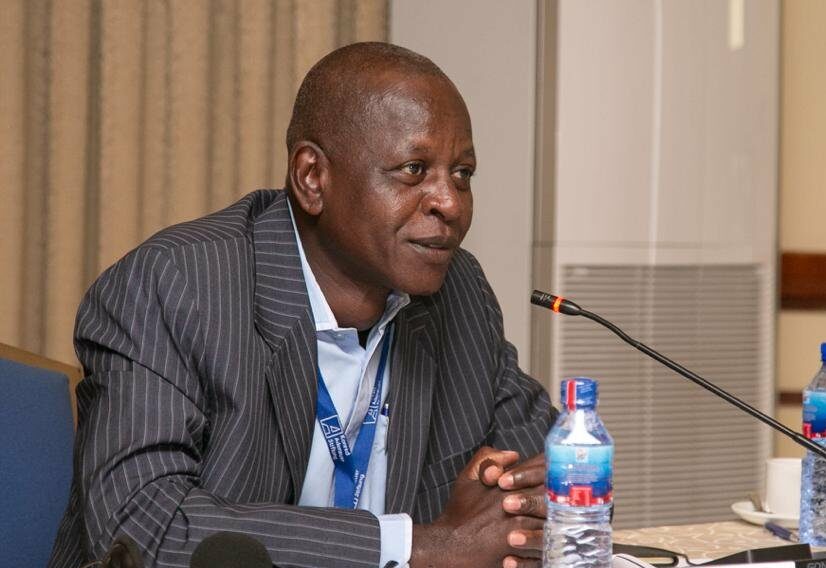
Moussa Aksar Case
Journalist Moussa Aksar, editor of the newspaper L’Evénement, has been repeatedly criminalized over his reporting. He was charged on two separate occasions under Niger’s 2019 Cybercrime Law, and has appealed both cases. This Law has been widely misused to censor journalists speaking out and criticizing the government. Aksar is waiting on appeals decisions could still…
-
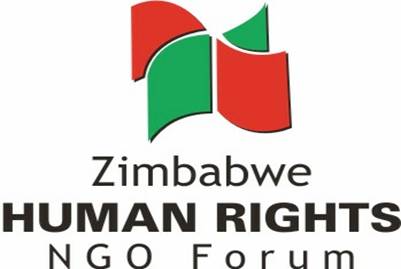
Zimbabwe Human Rights NGO Forum and Crisis in Zimbabwe Coalition Trust v. The Provincial Development Coordinator & 4 Others
Tafadzwa Muguti, a local authority in the Harare province, issued a directive in June 2021 with the goal of limiting the operations of civil society organizations in the region, banning those that did not comply with the new regulation.
-
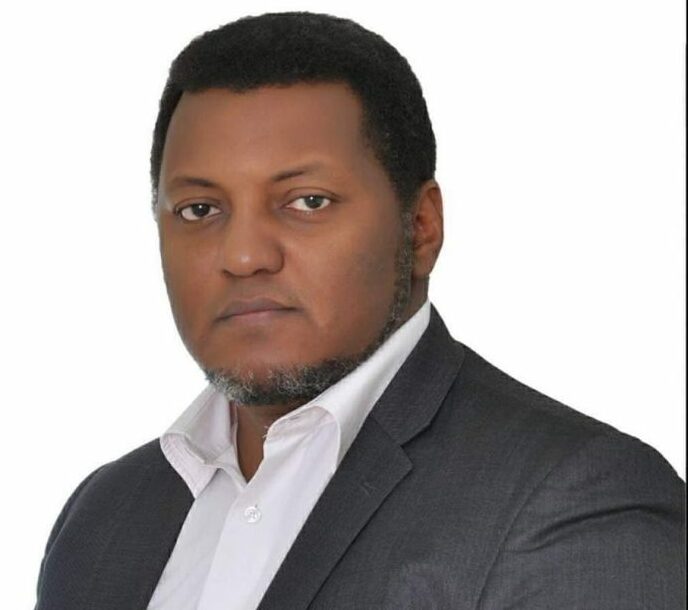
Seydou Kaocen Maiga Case
Seydou-Kaocen Maiga, a human rights activist from Niger, posted an article on Facebook criticizing how the country’s government reacted to a terrorist attack that took place in Inates on 10 December 2019. He was arrested and criminally prosecuted for his publication.
-
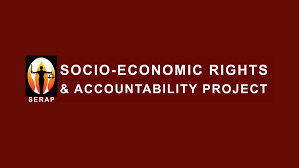
SERAP and the Centre for Journalism Innovation and Development v. National Broadcasting Commission, Minister of Information and Culture and President of Federal Republic of Nigeria
The case discusses a directive issued by Nigeria’s National Broadcasting Commission (NBC) ordering journalists and broadcast stations to stop reporting cases like terrorist activity and kidnapping, under the threat of handing out fines and other forms of punishment.
-
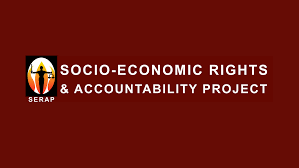
Socio-Economic Rights and Accountability Project (SERAP) v. Nigeria
SERAP filed a petition before the African Commission on Human and Peoples’ Rights (ACHPR) contesting the Nigerian government’s attempt to pass two bills that would allow authorities to gag the media and impose harsh and arbitrary punishments on media personnel.
-
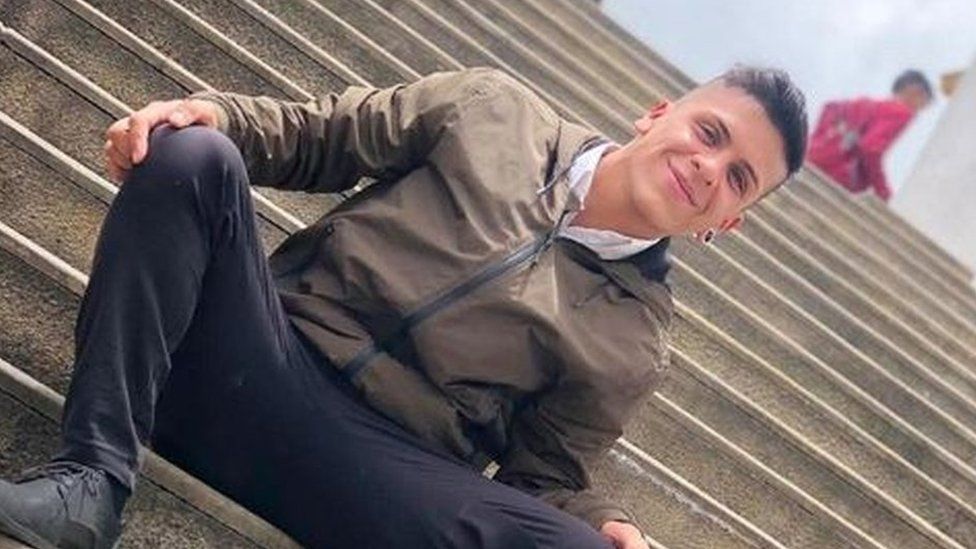
Dilan Cruz Case
Dilan Cruz was killed while participating in the demonstrations that took place on November 23, 2019, in Colombia. Thanks to Dilan’s family’s efforts, in June 2021 the Constitutional Court referred the case to the ordinary justice system, where it continues to be heard today; up until that moment the case was tried before the military…